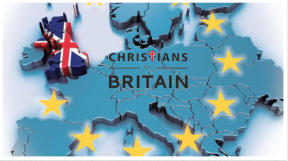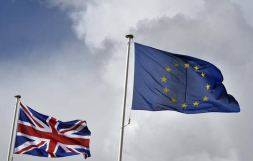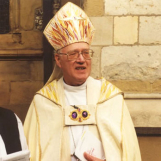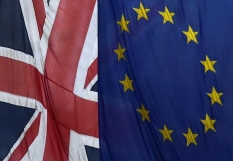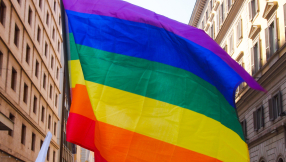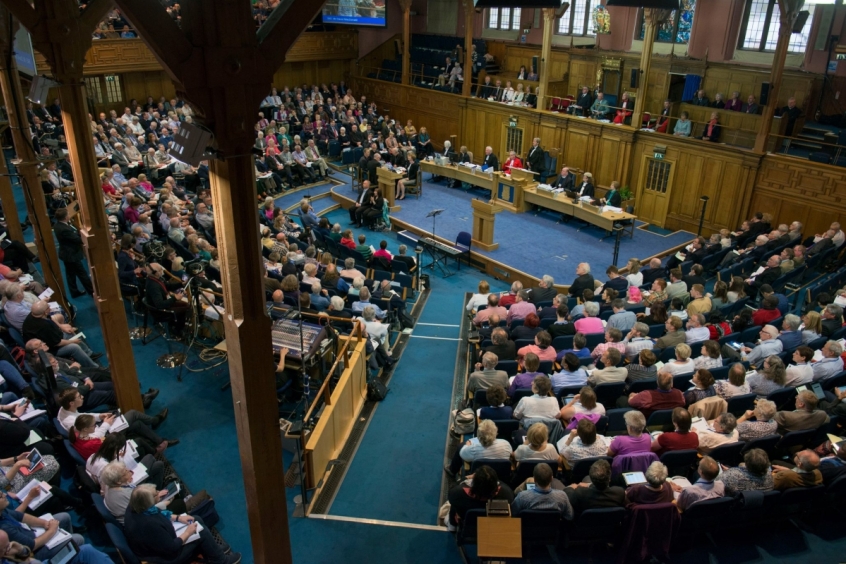
Full disclosure: I'm not a Brexiteer. I think Britain is better off in Europe, but more to the point I think Europe is better off with Britain. The EU is a long way from perfect, but reform it, don't demolish it. It's been a tremendous force for good, and the only beneficiary of a Leave vote will be Vladimir Putin.
So you might think I'd welcome the vote by the Church of Scotland's General Assembly in favour of the Remain camp. According to the CofS: "The motion to remain was carried with a clear majority stamping their feet in the Assembly Hall on the Mound." One Commissioner, as delegates are known, registered her objection. Rev Dr Karen Fenwick, a minister in Angus, said: "We are not a political party or a trade union," adding: "I think the Scottish public are quite capable of knowing we support the EU without us telling them what to do." Her motion got no traction and failed.
However, I don't welcome it at all. I think Churches that take political positions on issues like this are not only running the risk of alienating faithful Christians who've reached a different conclusion, but running the risk of turning themselves into something other than Churches. And the Church of Scotland is only one example of churches pronouncing on issues outside their gospel remit.
Because the task of a Church is to incarnate, as fully and intensely as it possibly can, the mission of God in the person of Jesus Christ. In the words of 1 Peter 2:9: "But you are a chosen people, a royal priesthood, a holy nation, God's special possession, that you may declare the praises of him who called you out of darkness into his wonderful light."
Does this mean the Church has nothing to say about politics? Far from it. The Church should be the judge of the world. As GK Chesterton wrote about Thomas Becket and the mediaeval Church: "The kings were themselves in the dock. The idea was to create an invisible kingdom, without armies or prisons, but with complete freedom to condemn publicly all the kingdoms of the earth."
It is absolutely right for the Church to ask questions, to probe, to expose falsehood and insincerity and incompetence. It is right for the Church to advocate for the poor and despised of the world, and to remind governments of every stamp and hue about those it is more convenient to forget. Yes, the Church should speak truth to power, and it can do so as a Church.
It is very, very rarely, though, that as a Church it can prescribe the cure as well as the diagnosis. That is not its role. Its expertise is in the human heart, in the Scriptures that speak of God and in the intersection between them.
On the EU referendum, the Church of Scotland may well have within its ranks experts on the constitution and the economy who can provide commentary and insight. It can contribute to a discussion in wider society. But it is not, or it should not be, another interest group or stakeholder like the CBI or the TUC or a political party. It is a Church. What it contributes to a debate is not just weight of numbers or a particular point of view. It is called to judge both sides, not to come down on one or the other. It should not be in a position that means it either wins, if Britain votes to Remain, or loses, if it votes to Leave. It is bigger than that.
The Church of Scotland, and any Church, has no more insight into political outcomes to offer than any other body, and it should not claim to have. What it has is God's revelation of himself in Jesus Christ. Out of that comes a particular way of thinking about and valuing people, which includes a commitment to human flourishing. But is a very, very long leap from that primal gift of the presence of God in Christ to backing one side in a referendum.
Follow Mark Woods on Twitter: @RevMarkWoods










